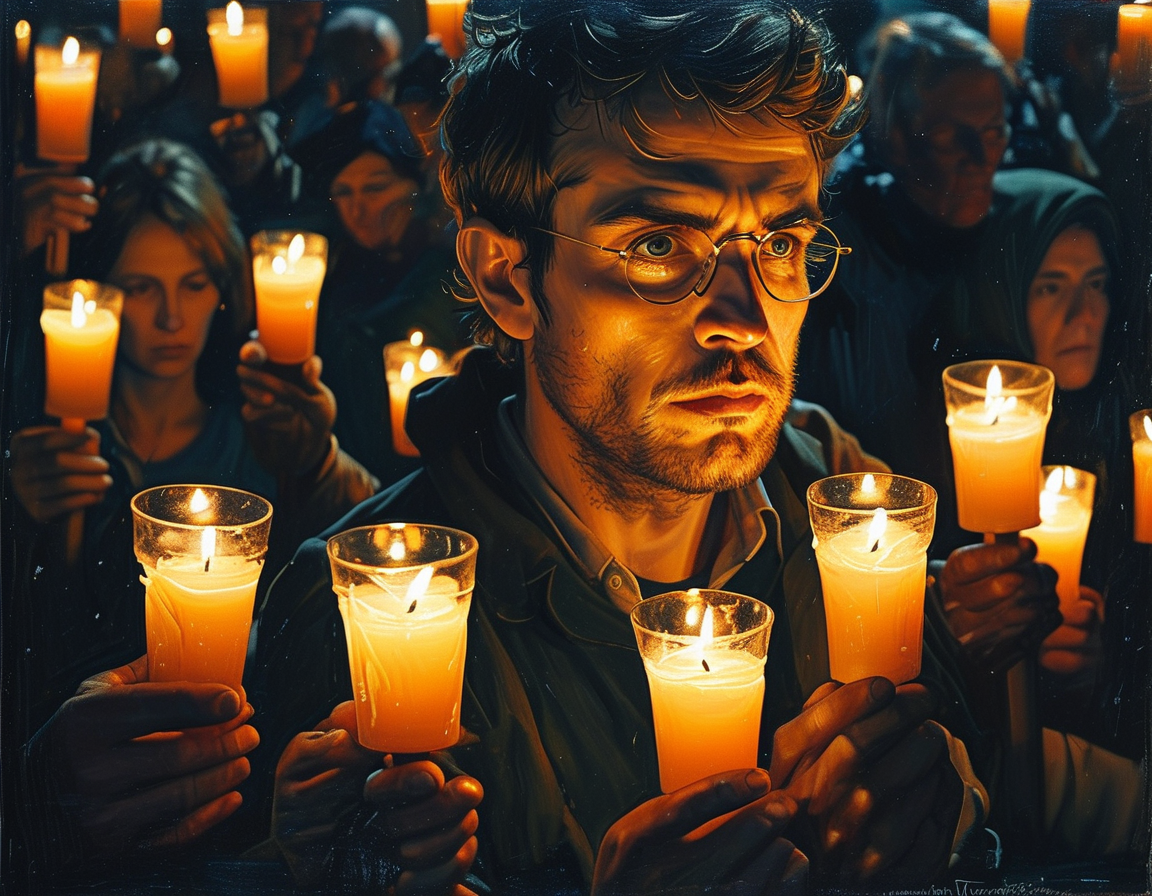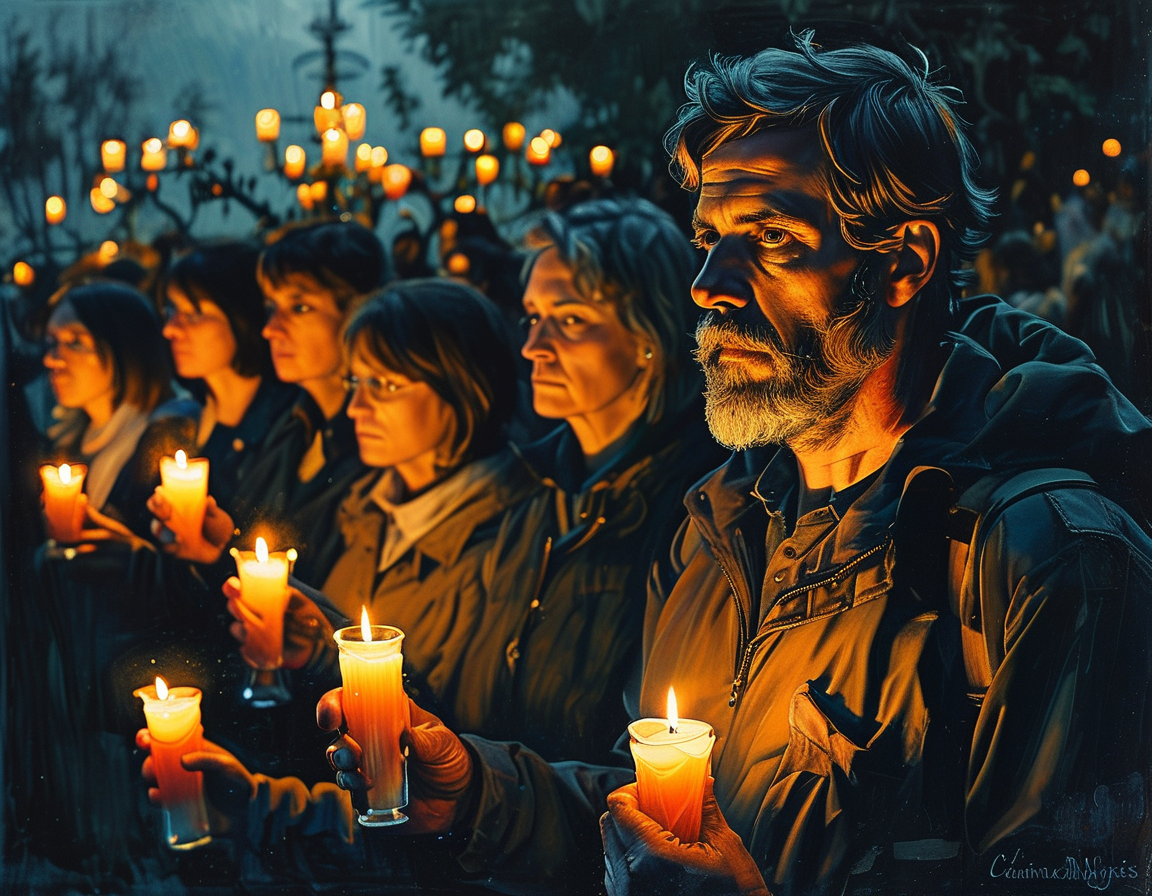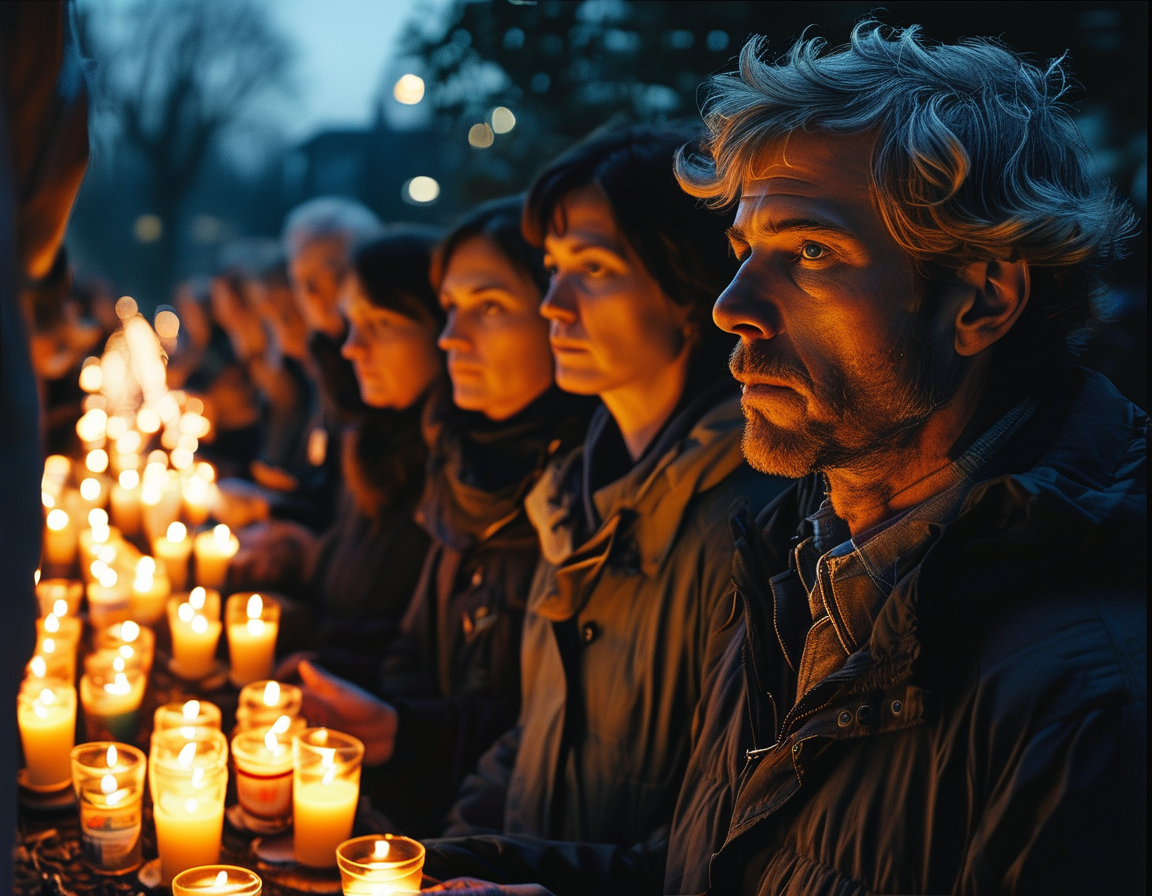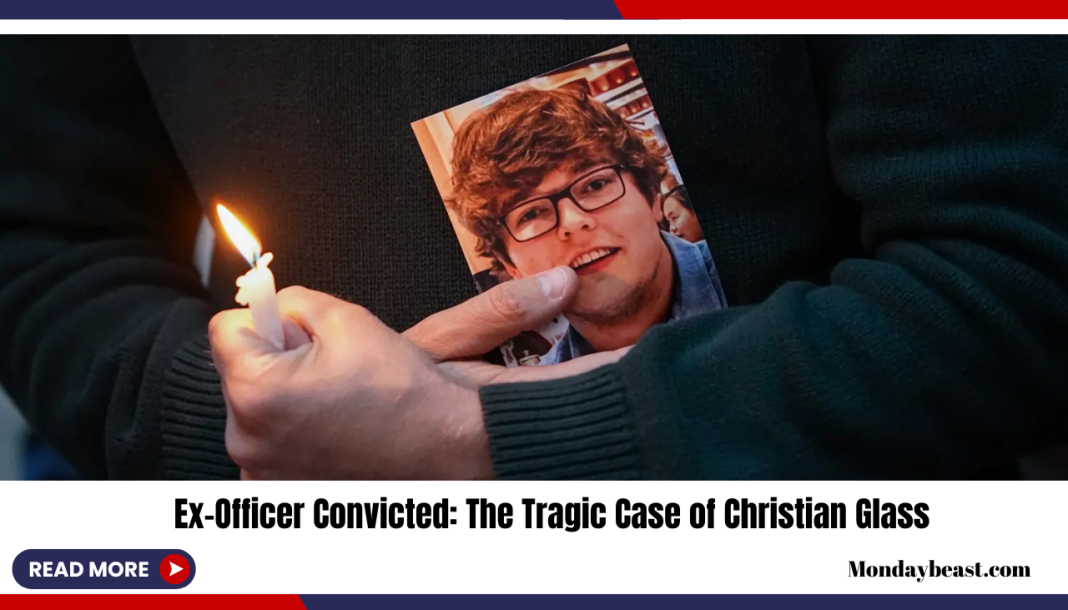The recent conviction of Andrew Buen hits hard. It brings to light the complex issues surrounding police interactions with individuals in mental health crises. Christian Glass, only 22, called for help, but tragedy ensued instead of support.
Buen, a former sheriff’s deputy, was found guilty of criminally negligent homicide. This conviction follows the death of Glass in June 2022. A young man, in distress, should have received aid but found himself facing hostility instead. It’s a heartbreaking reminder of the failures within our system, isn’t it?

Glass was not just a name in a news story. He was a person with struggles. Suffering from depression and ADHD, he showed signs of a mental health crisis during his encounter with police. It’s a scene that many can hardly bear to imagine. His final moments, marked by fear and confusion, resonate deeply.
Imagine calling 911 for help, only to face aggression from those whose job it is to protect you. Glass, feeling paranoid and delusional, pleaded for comfort. He made heart shapes with his hands, a gesture that should have conveyed vulnerability. It didn’t stop the officers from escalating the situation. What might have been if they had responded differently?
The body camera footage reveals a troubling interaction. Officers shot Glass with bean bags and jolted him with a Taser. When he struggled, it became a disaster. But does this mean police should react with lethal force when faced with mental distress? Buen fired five shots at Glass, who was holding a knife. Was there truly no other option?

Sally Glass, Christian’s mother, spoke out after the tragedy. She highlighted that her son was ‘having a mental health episode’ at the time. Such clarity brings it home: mental health issues deserve compassion, not violence. The narrative should shift from fear to understanding.
The aftermath led to a $19 million settlement for Christian’s family, history-making in Colorado. This money is not merely compensation; it’s a testament to change. Changes that include crisis response teams and new training for officers. This is a small victory, but will it truly protect future lives?
The public response has been substantial. Many advocates urge for reform. Police departments are now required to train officers in de-escalation techniques. The importance of this movement cannot be overstated. Why did it take such a tragedy to spur action?

Philip Stinson, a criminal justice expert, says police murder convictions are rare. In the past two decades, only nine officers were convicted of murder on duty. This reveals a systemic issue—the judicial system often shields law enforcement. It leaves families like the Glasses devastated.
Convictions like Buen’s provide hope, but also raise concerns. Will this impact how officers approach crisis situations? Or will it be another moment lost in the currents of time? Many fear that this is just a drop in the ocean of needed change.
Buoyed by tragedy but committed to change, Christian’s legacy pushes forward. His family has started initiatives aiming for mental health awareness. Simon Glass, Christian’s father, passionately advocates for a system that prioritizes life over aggression.
It forces us to ask difficult questions. Are we doing enough to support individuals experiencing mental health crises? Is training enough, or is a cultural shift needed within law enforcement? These questions linger in the minds of many, waiting for answers.
As we reflect on this heartbreaking case, remember that behind statistics and headlines, there are real lives. We must push for real systemic changes to ensure that no one else meets the fate of Christian Glass. Change is overdue, and it falls to us to demand it.




